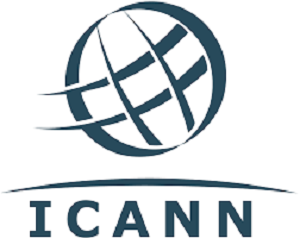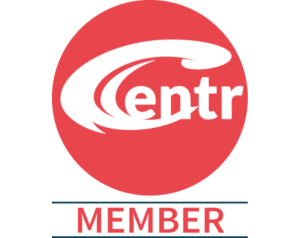Elements of the global information space, such as individual Internet servers, computers or people, are recognizable on the Internet by their name (www.carnet.hr) or e-mail address (ivan.horvat@carnet.hr). The key part of any such name or address is always the Internet domain (e.g. carnet.hr).
The basic principles of the organization of the DNS (Domain Name System) have remained unchanged from the very beginning until today (RFC 1591). Internet domains are organized hierarchically. Within an individual domain, subdomains - lower level domains, are registered and activated. Although the domain system is developing and changing intensively, the number of top-level domains (TLD) is relatively small compared to the number of subdomains. The most famous top-level domains are of the general (global) type, such as "com", "org" and "net".
Most of the top-level domains today are so-called national top-level domains (ccTLD - country code TLD), which are assigned to individual institutions within individual countries, in order to ensure that these institutions take care of the organization and management of the national domain Internet space, i.e. for the registration and activation of secondary domains within top-level domains. National domains are assigned names according to two-letter country codes according to the ISO standard (ISO-3166).
In contrast to general domains whose management can be based solely on some global (e.g. market) principle, national domains are a fundamental element of the national wealth and sovereignty of each country, i.e. they are the basis of recognition in the virtual world. The management and use of these domains implies a high degree of responsibility and respect for the various interests of all interested parties.
The global directory (domain) Internet space, as well as the system of central (root) servers that ensure the functioning of the DNS system, is managed by the independent organization ICANN (Internet Corporation for Assigned Names and Numbers). ICANN took over management duties from IANA (Internet Assigned Number Authority), which in 1993 assigned CARNET the management of the "hr" top-level domain - the national domain of the Republic of Croatia. CARNET follows current processes of DNS system development and trends in the world related to domain space management, which take place primarily through ICANN, and participates in the processes as a member of CENTR (Council of European National Top-Level Domain Registries)..
In addition to opening new top-level domains of general type, the protection of intellectual property on the Internet, including Internet domain names, is also extremely important. A great deal of activity on the topic of intellectual property protection takes place within the ICANN and WIPO (World Intellectual Property Organization) communities.
 English
English Hrvatski
Hrvatski English
English

